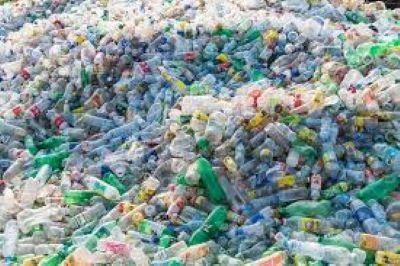Delegates from Global South member states and civil society organisations (CSOs) have urged negotiators at the ongoing Intergovernmental Negotiating Committee on Plastic Pollution (INC-5.2) in Geneva to adopt a robust, legally binding treaty that mandates significant cuts in plastic production.
The call came as negotiations entered a crucial phase, with countries and stakeholders pressing for strong measures to tackle the plastic pollution crisis that is threatening ecosystems, human health, and the global climate.
Representatives of the Global South stressed that their regions bear the heaviest burden of plastic pollution, despite contributing the least to global production and consumption. They argued that without ambitious provisions targeting the root causes—particularly the overproduction of virgin plastics—the treaty would fail to deliver meaningful change.
CSOs backed this position, warning that voluntary measures and weak commitments would leave loopholes that allow major polluters and fossil fuel interests to continue unchecked production. They demanded that the final treaty includes enforceable obligations, timelines, and accountability mechanisms to reduce plastics at the source.
“The science is clear: recycling alone will not solve the plastics crisis. We need a global agreement that stops plastic pollution before it starts,” one civil society representative said at the talks.
Negotiations at INC-5.2 have been tense, with some developed countries pushing for less stringent measures and a focus on waste management rather than production caps. However, the Global South and CSOs insist that only an ambitious treaty addressing production, toxic chemicals, and trade can secure a just and sustainable outcome.
Observers note that the outcome of the Geneva session will be decisive in shaping the final treaty text, expected to be concluded later this year.


